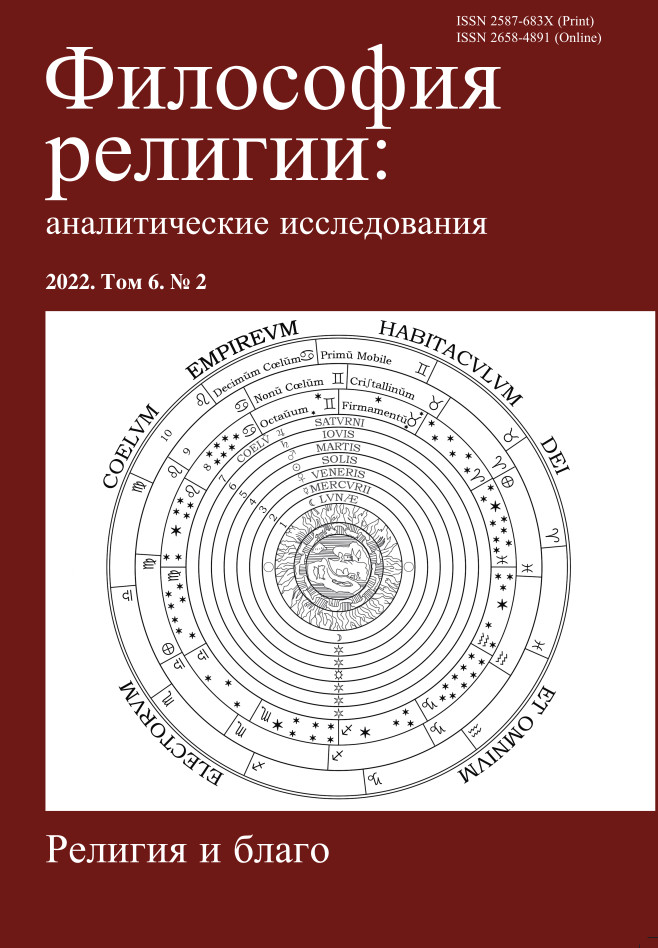Divine Freedom, The Pre-mundane Fall and The Hiddenness Argument
DOI:
https://doi.org/10.21146/2587-683X-2022-6-2-145-156Keywords:
divine hiddenness, divine freedom, attributes of God, the Fall, evolutionAbstract
The paper examines the hiddenness argument, originally developed in «Divine Hiddenness and Human Reason» (1993) by John Schellenberg. This argument is based on the notion of perfectly loving God eager to establish a personal relationship with everyone who is not resistant to Him. Since there are many unbelievers left ignorant about God without any fault on their part, God is not perfectly loving. If unsurpassable love is a necessary attribute of theistic God, as Schellenberg maintains, it follows that theistic God does not exist. Two possible objections against this reasoning are highlighted. First, it could be argued that theistic God has absolute freedom rather than unlimited love. In this case He is free to hide or disclose Himself to anyone He deems suitable for this. Second, the hiddenness of God could be linked to the pre-mundane Fall, committed by the souls beyond the realm of visible things. Thus any form of unbelief is stemmed from the original resistance to God, even if some persons seem to be nonresistant in their present earthly lives. This model, inspired by the teachings of Eastern Church Fathers, helps to reconcile hiddenness of God with His unsurpassable love to all the creatures. Acknowledgements: This article was prepared with the financial support of RFBR grant,project number21-011-44042.Downloads
Published
2022-11-23
Issue
Section
BOOK SYMPOSIUM
How to Cite
Divine Freedom, The Pre-mundane Fall and The Hiddenness Argument. (2022). Philosophy of Religion: Analytic Researches, 6(2), 145-156. https://doi.org/10.21146/2587-683X-2022-6-2-145-156

 This work is licensed under a
This work is licensed under a 
